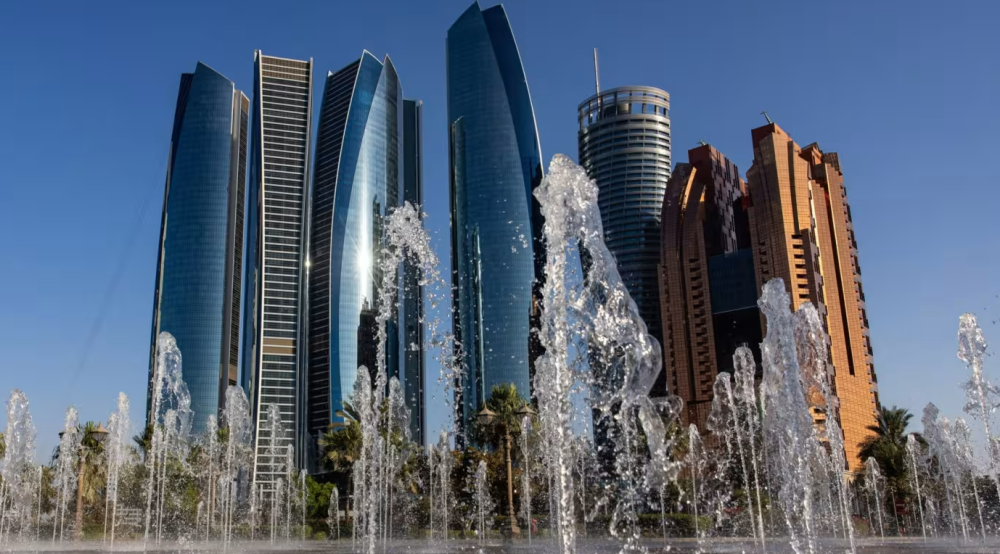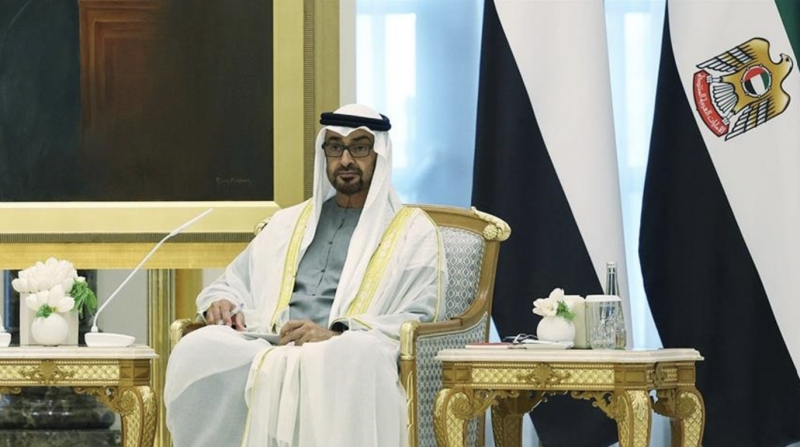UAE set to use AI to write laws in world first


The United Arab Emirates aims to use AI to help write new legislation and review and amend existing laws, in the Gulf state’s most radical attempt to harness a technology into which it has poured billions.
The plan for what state media called “AI-driven regulation” goes further than anything seen elsewhere, AI researchers said, while noting that details were scant. Other governments are trying to use AI to become more efficient, from summarising bills to improving public service delivery, but not to actively suggest changes to current laws by crunching government and legal data.
“This new legislative system, powered by artificial intelligence, will change how we create laws, making the process faster and more precise,” said Sheikh Mohammad bin Rashid Al Maktoum, the Dubai ruler and UAE vice-president, quoted by state media.
Ministers last week approved the creation of a new cabinet unit, the Regulatory Intelligence Office, to oversee the legislative AI push.
Rony Medaglia, a professor at Copenhagen Business School, said the UAE appeared to have an “underlying ambition to basically turn AI into some sort of co-legislator”, and described the plan as “very bold”.
Abu Dhabi has bet heavily on AI and last year opened a dedicated investment vehicle, MGX, which has backed a $30bn BlackRock AI-infrastructure fund among other investments. MGX has also added an AI observer to its own board.
The UAE plans to use AI to track how laws affect the country’s population and economy by creating a massive database of federal and local laws, together with public sector data such as court judgments and government services.
The AI will “regularly suggest updates to our legislation,” Sheikh Mohammad said, according to state media. The government expects AI to speed up lawmaking by 70 per cent, according to the cabinet meeting readout.
But researchers noted it could face many challenges and pitfalls. Those range from the AI becoming inscrutable to its users, to biases caused by its training data and questions over whether AI even interprets laws in the same way humans do.
Although AI models are impressive, “they continue to hallucinate [and] have reliability issues and robustness issues,” warned Vincent Straub, a researcher at Oxford university. “We can’t trust them.”
The UAE’s plans are particularly novel because they include using the AI to anticipate legal changes that may be needed, said Straub. They could potentially also save on costs — governments often pay law firms to review legislation.
“It seems that they are going a step further . . . from viewing AI as, let’s say, like an assistant, a tool that can assist and categorise and draft, to one that can really predict and anticipate,” said Straub.
Keegan McBride, a lecturer at the Oxford Internet Institute, said the autocratic UAE has had an “easier time” embracing sweeping government digitalisation than many democratic nations have. “They’re able to move fast. They can sort of experiment with things.”
There are dozens of smaller ways governments are using AI in legislation, McBride said, but he had not seen a similar plan from other countries. “In terms of ambition, [the UAE are] right there near the top,” said McBride.
It is unclear which AI system the government will use, and experts said it may need to combine more than one.
But setting guardrails for the AI and human supervision would be crucial, researchers said.
The AI could propose something “really, really weird” that “makes sense to a machine” but “may absolutely make no sense to really implement it out there for real in a human society”, said Marina De Vos, a computer scientist at Bath university.

United Arab Emirates President Sheikh Mohamed bin Zayed Al Nahyan and Pakistani Prime Minister Shehbaz Sharif on Friday discussed the expansion of…

AbuDhabi -- The United Arab Emirates has welcomed the agreement signed in Muscat, Oman, on the exchange of prisoners and detainees in Yemen, descri…

AbuDhabi -- The United Arab Emirates has expressed its sincere condolences and solidarity with the State of Libya over the death of Lieutenant Gene…